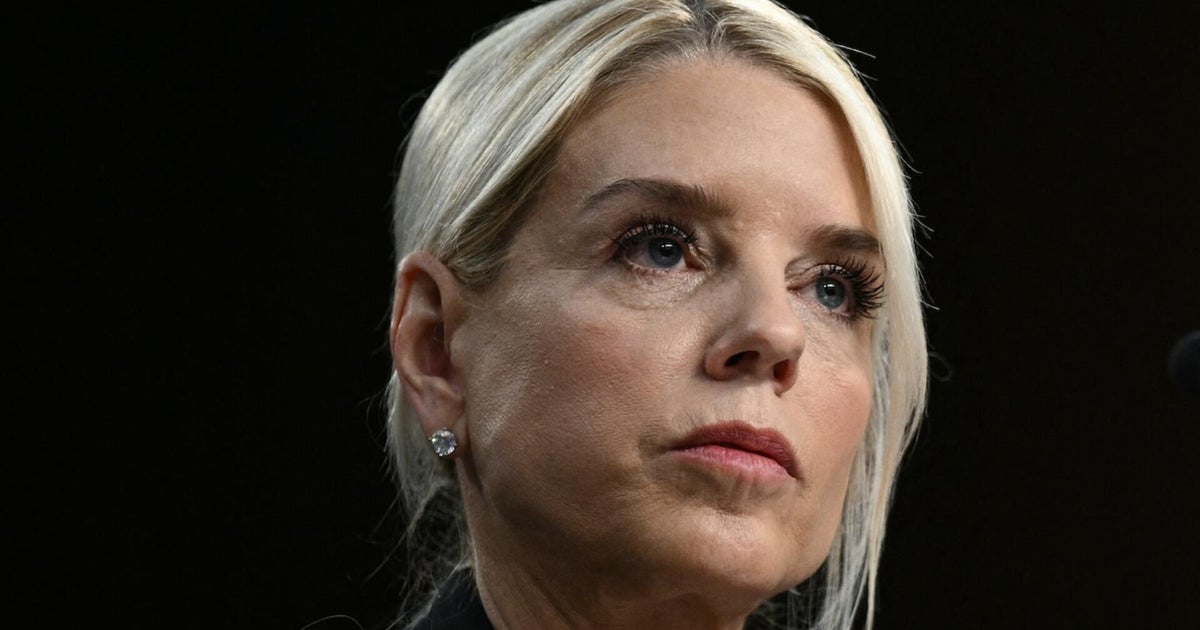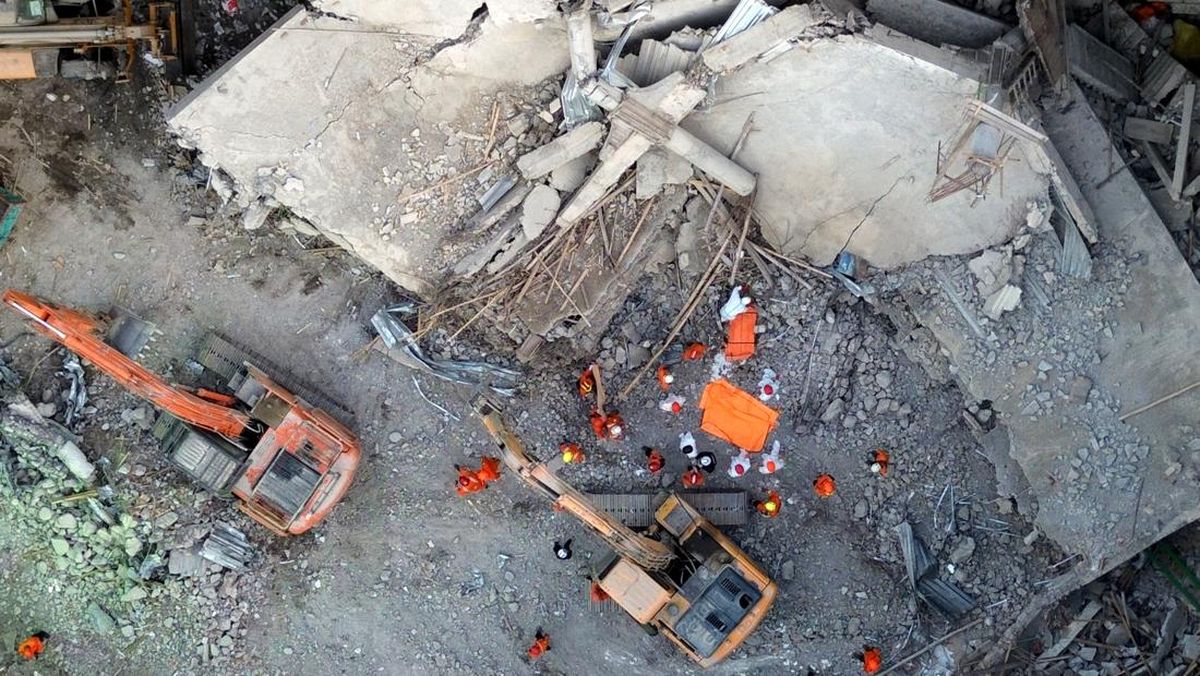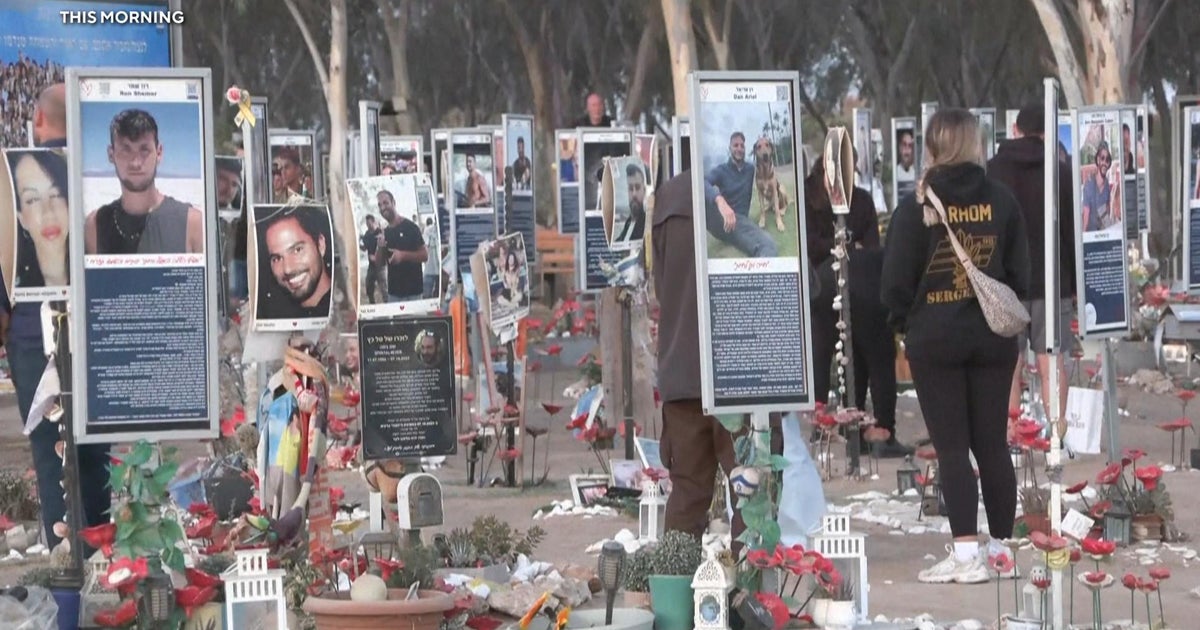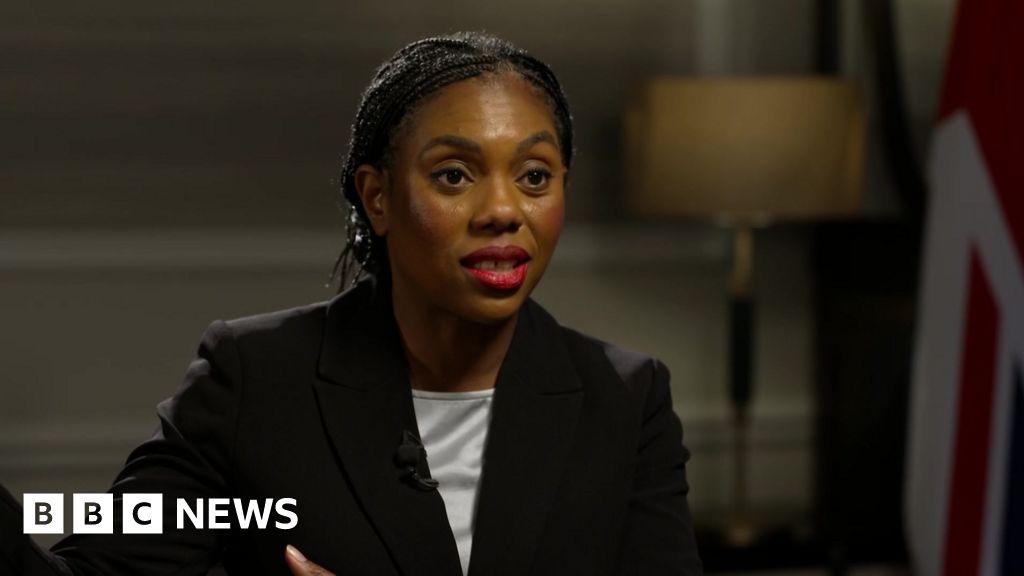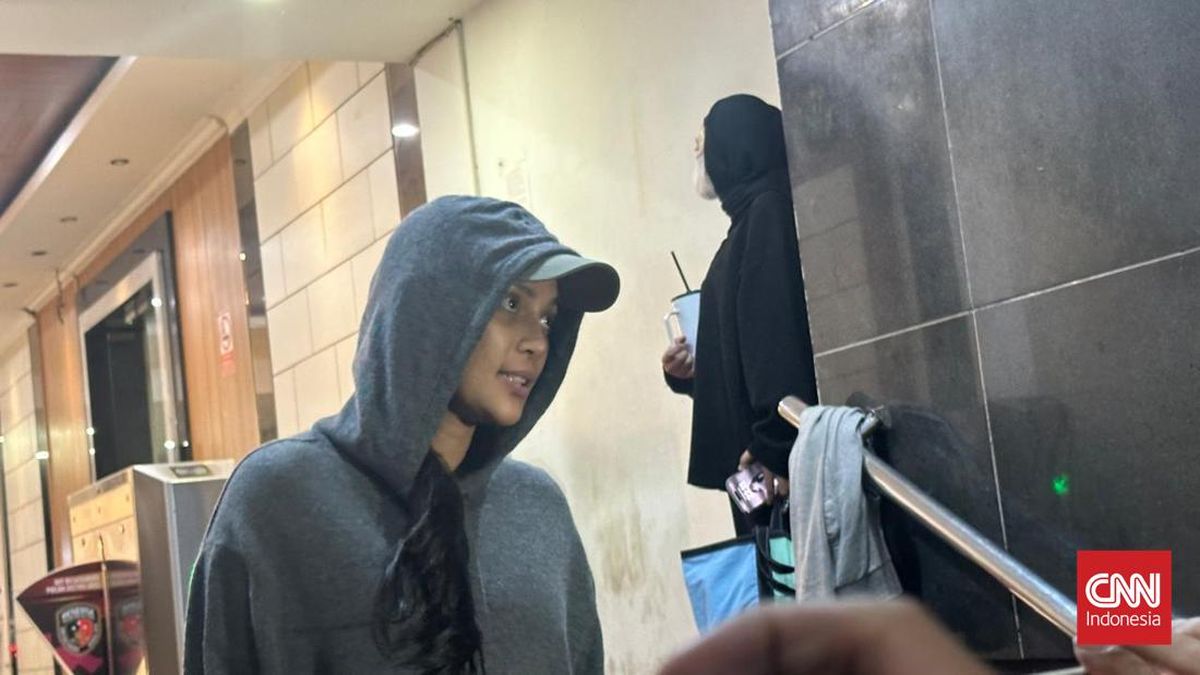More than 1000 Melbourne kids have been told to get STI tests. Here’s what happens next
The parents of more than 1000 children being tested for sexually transmitted infections, after a Melbourne childcare worker was charged with abuse, should know their child’s health status within days.
Medical experts have also advised that the majority of STIs are treatable with a course of antibiotics.

The childcare worker has charged with 70 offences alleged to have occurred at the Creative Garden Early Learning Centre in Point Cook.Credit: Justin McManus
Victoria Police revealed on Tuesday that 26-year-old Point Cook man, Joshua Dale Brown, was arrested and charged in May with more than 70 offences, including child rape.
Brown worked at several childcare centres across Melbourne and at one centre in Geelong. His alleged victims were between five months and two years old, with eight confirmed victims from one centre in Point Cook.
What will the children be tested for?
The Department of Health has been in contact with affected families and is recommending that about 1200 children undergo free testing for infectious diseases following the allegations.
Testing is expected to involve a full STI screening as a matter of precaution. In Victoria, full STI screenings can involve swabs of the mouth, vagina and anus – as well as urine tests and having blood drawn. This is because some STIs are diagnosed via the presence of bacteria in fluids such as saliva, while others are detected via antibodies in the blood.
A government source, also speaking on the condition of anonymity, said authorities also wanted to rule out the possibility that the children had been exposed to infections such as syphilis given the spike in Victorian cases over the last decade.
A Health Department spokeswoman said the department would not comment on the specifics of suspected exposure to protect children’s sensitive health information.

Joshua Dale Brown, 26, has been accused of child sex abuse.
Do STI symptoms present differently in children compared with adults?
In short, yes. But it’s complicated because the existing evidence for this is overwhelmingly for conditions like congenital syphilis – when the infection is passed on from mother to child in the womb or during childbirth. In these cases, children may have lower birth weights or develop problems with their bones or teeth.
The scientific literature suggests that, just like adults, STIs can present symptomatically or asymptomatically in minors.
How long will parents have to wait?
Dr Nisha Khot, the vice president of the Royal Australian and New Zealand College of Obstetricians and Gynaecologists, said parents should know their child’s health status relatively quickly.
“STI screening results usually only take 24 to 48 hours, depending on what test is done,” she said.
The Health Department is recommending that about 1200 children undergo testing for infectious diseases following the allegations.
Khot said Victoria’s health system had the capacity to conduct these tests, but that the bigger question was ongoing support for victims and their families.
“The children will need appropriately qualified clinicians to assess their needs beyond the tests.”

Joshua Brown’s alleged victims were at the Creative Garden Early Learning Centre in Point Cook.
The Victorian government has established a dedicated advice hotline to assist families with health and screening information, as well as link them to specialist services such as mental health support.
Will any infections be treatable?
Doctors who spoke to The Age said most STIs could be treated via a course of antibiotics delivered either orally or administered as an injection.
Dr Khot said the exceptions were Hepatitis B and HIV, which can be managed via other treatments but not cured.
Loading
If left untreated, gonorrhea can lead to permanent health problems involving scar tissue, long-term pain and infertility. Late-stage syphilis can cause brain damage, heart disease and even blindness.
But chief health officer Dr Christian McGrath said on Tuesday that affected families and the broader community could be reassured that any infections as a result of this case could be treated with antibiotics.
“There’s no broader public health risk to the community,” he said.
A suburban GP, who declined to be named due to the sensitivities of the matter, said childcare workers at the centres and police officers working on the case should monitor their mood over the next few weeks and speak to family, friends or a doctor if they notice any changes.
Most Viewed in National
Loading




